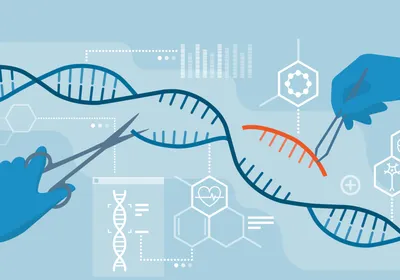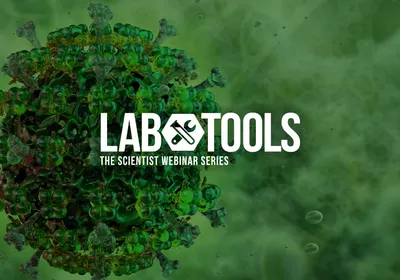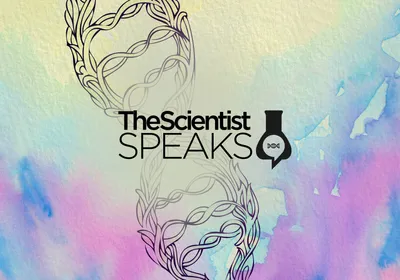 V. ALTOUNIAN / SCIENCE TRANSLATIONAL MEDICINE (2016)Gene therapy offers promise for treating genetic disorders, but the efficiency of the procedure is often too low to be of therapeutic value. Sean Nygaard of Oregon Health & Science University (OHSU) in Portland and colleagues have now shown that liver cells genetically modified to be resistant to a toxic drug can be selectively expanded in living mice increased transgene expression up to 1,000-fold. The new approach, reported today (June 8) in Science Translational Medicine, could also be used in bone marrow, intestine, skin, or kidney tissue, the researchers wrote in their study.
V. ALTOUNIAN / SCIENCE TRANSLATIONAL MEDICINE (2016)Gene therapy offers promise for treating genetic disorders, but the efficiency of the procedure is often too low to be of therapeutic value. Sean Nygaard of Oregon Health & Science University (OHSU) in Portland and colleagues have now shown that liver cells genetically modified to be resistant to a toxic drug can be selectively expanded in living mice increased transgene expression up to 1,000-fold. The new approach, reported today (June 8) in Science Translational Medicine, could also be used in bone marrow, intestine, skin, or kidney tissue, the researchers wrote in their study.
“Gene therapy is a field of great therapeutic potential, but also one of great risk,” Nygaard told reporters during a June 7 press briefing.
Previously, scientists have used recombinant adeno-associated viral (rAAV) vectors have been to treat liver disorders such as hemophilia with some success. However, low doses of viral vectors do not usually lead to efficient transduction, and high doses can produce an immune response and possibly activate oncogenes—making it a risky option for treatment. For some diseases tested, genetically modified hepatocytes have been found to outcompete defective cells on their own, but this has not been the case with most liver disorders.
To overcome these problems, Nygaard and colleagues found a way to selectively expand genetically modified hepatocytes in vivo in mice. First, ...





















